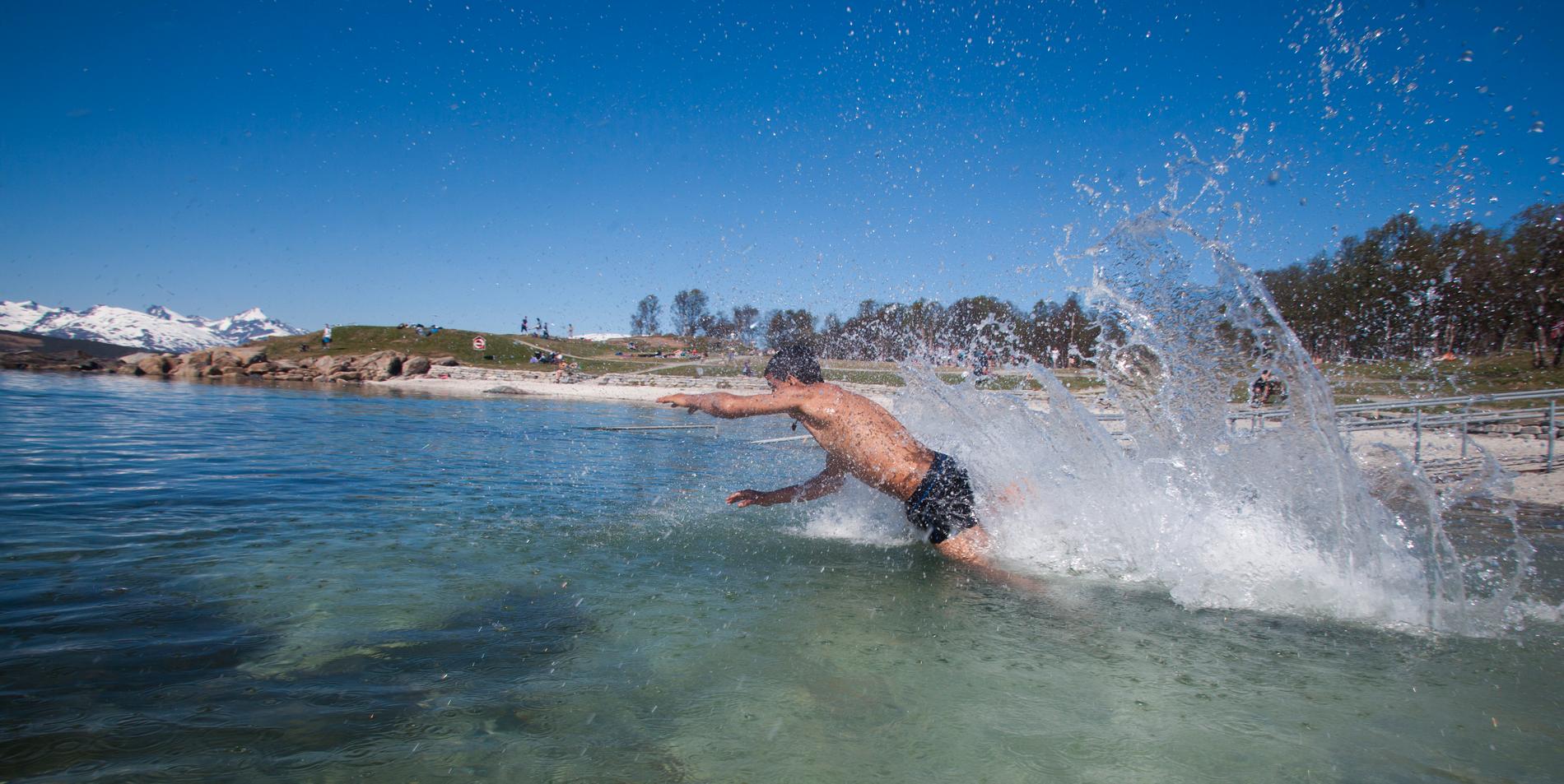Increased prices for food, electricity, fuel, travel, accommodation and holiday offers – means that more families with children will have a more negative experience of the summer of 2022.
Less than 30 minutes ago
–
It emerges from the annual survey about the summer holidays that YouGov has conducted for Unicef Norway.
37 per cent of the more than 1,000 respondents answer that tighter finances as a result of increased electricity, food and fuel prices have a negative effect on summer.
– More and more families say that the sharply rising prices have led to them not being able to afford to take their children on holiday this summer. For example, many people can not afford to go to the cinema due to more expensive cinema tickets. There we can come in and give more people a good holiday experience, says director of children’s rights, Kristin Oudmayer in Unicef Norway.
She points out that many of the families who are struggling to finance their holidays have had a strained economy over time.
The price jumps in recent months are further stressing their finances, Oudmayer believes.
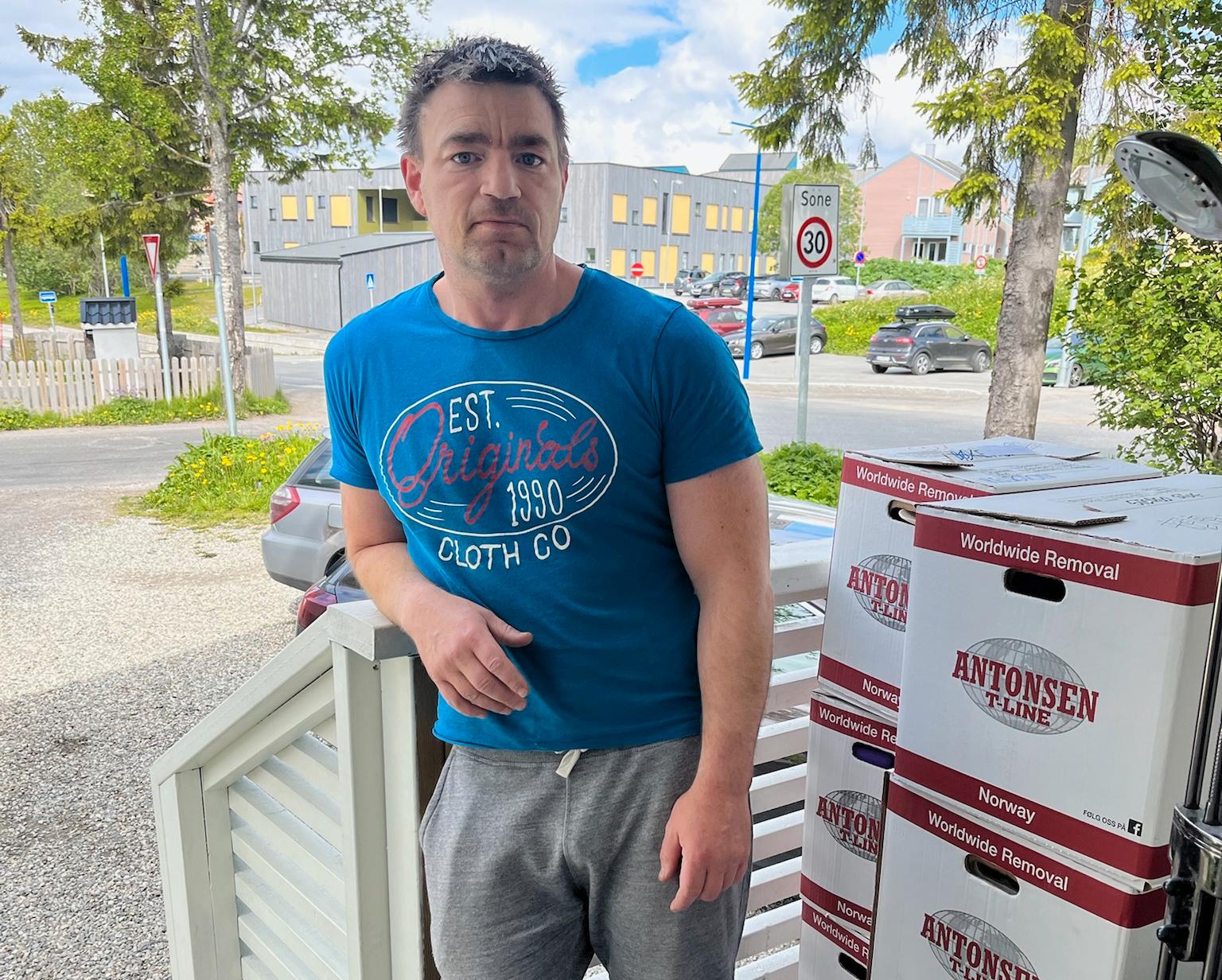 –
–The father of three Brynjar Johansen in Tromsø can sign it. He and his children have usually gone on car trips in the summer.
Previously, the family used to go on a car holiday both south in Norway and in neighboring Sweden during the summer holidays. They have spent the night at campsites and sometimes an overnight stay or two in affordable hotel rooms. They have visited amusement parks, amusement parks and enjoyed themselves together on holiday trips.
This will not be the case in the summer of 2022.
No vacation
Johansen is open that the rising prices of food, fuel, travel and accommodation – means a change this summer.
– It has the effect that there are a number of things that we did before, that we can no longer afford. This summer there will be no holiday trip. The money is simply not enough. We do not have much left when rent and other fixed bills are paid, says Brynjar Johansen to VG.
He lives in a city that usually has among the country’s highest fuel prices – due to a local tax on top of the state fuel taxes.
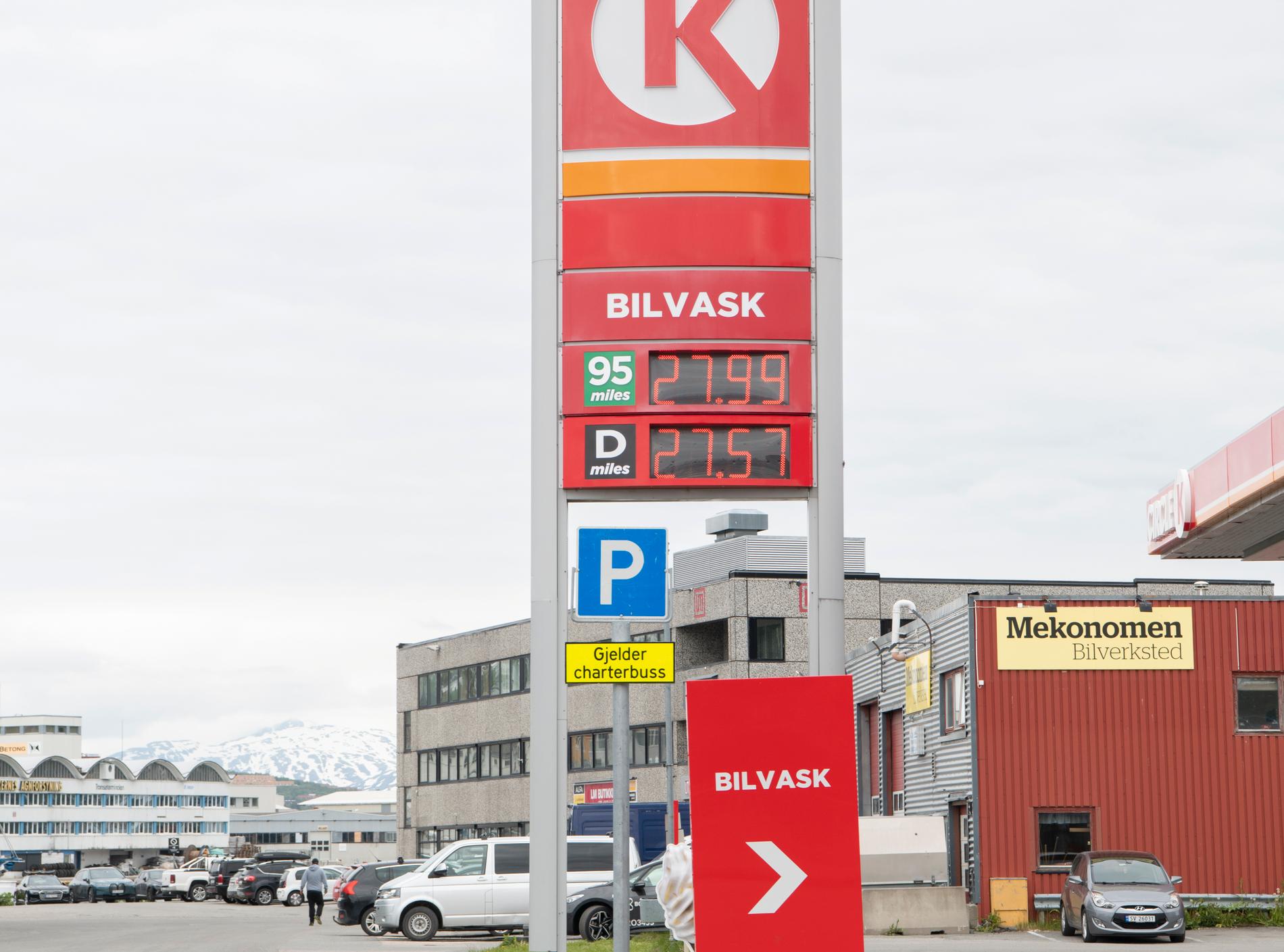 –
–– What is most noticeable about the price increases?
– What I notice most so far is the sky-high prices of diesel. Last time I checked it cost 29 kroner a liter. A full tank for around 1800 kroner, I can not afford. With three kids in the house, I am sometimes more of a private driver than a parent, so we are completely dependent on the car. But with high diesel prices and tolls when the toll ring in Tromsø opens in the autumn, there must be less driving, unfortunately, says Johansen.
He believes he does not use the car in extreme cases. But as a necessary means of transportation to drive the children to leisure activities, friends and sometimes school and kindergarten.
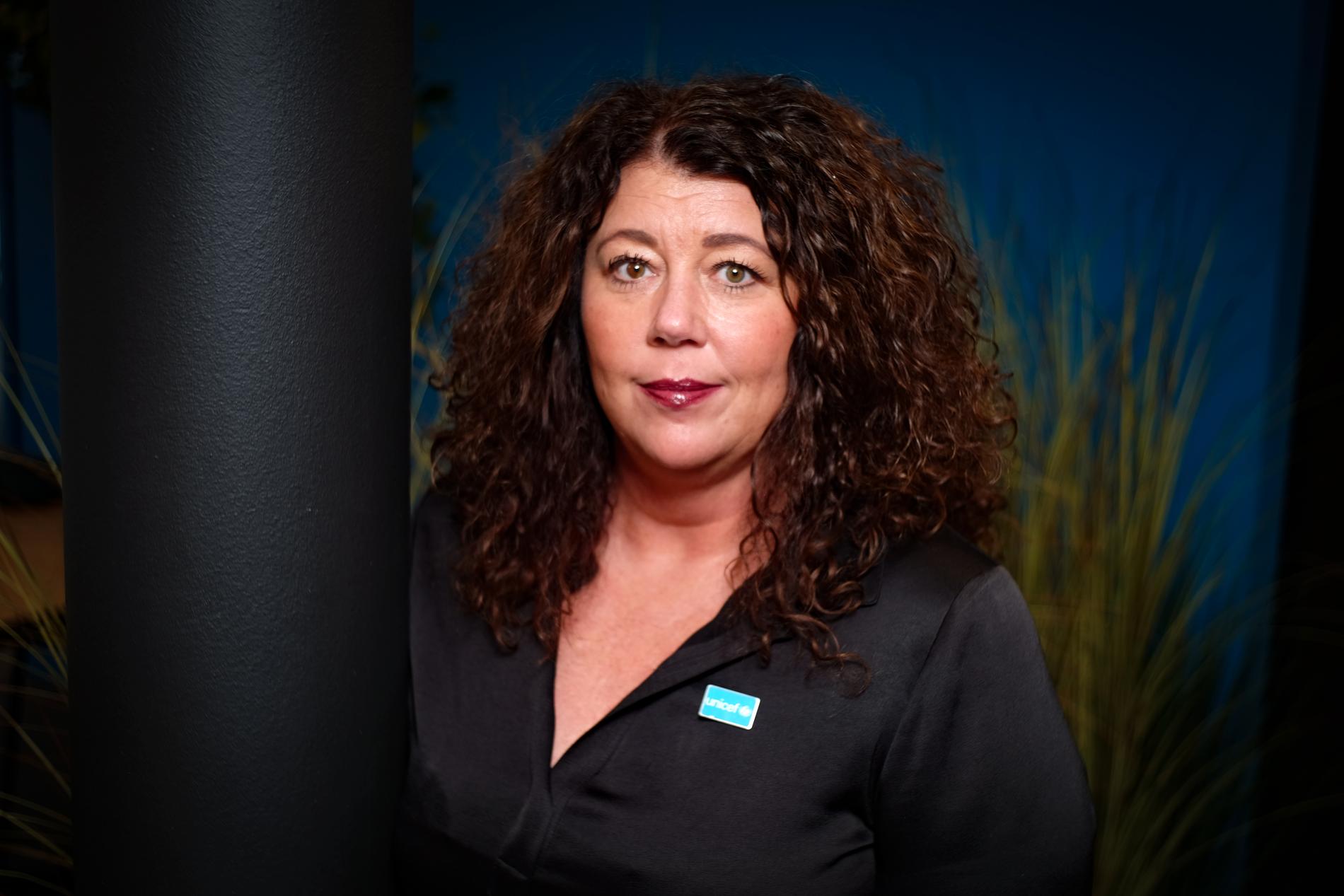 –
–Oudmayer in Unicef conveys that more parents notice the same thing as Johansen.
– These are families who have rarely or never traveled on holiday or had holiday activities together. When there is a massive increase in prices for fuel, food, travel, hotel stays, amusement parks and electricity, the stone becomes a burden for these families. And there will be even more families who are not able to give the children a holiday offer because the money is not enough, she says.
Brynjar Johansen in Tromsø is covered by disability with the main care for three children. This weekend he is moving to a new rental home, and the family will “land” in a new home before the summer holidays start on Tuesday.
– There will be no holiday trip. We get to go on shorter trips in and around Tromsø. Swimming in Telegrafbukta if the weather allows it. We also use a place on Sommarøy where it is very nice, says Johansen.
The father of the family is also one of more and more people who buy the family’s food at the Food Center in Tromsø. It has become too expensive to get food for an adult man and three children at the ordinary grocery stores, the 44-year-old thinks.
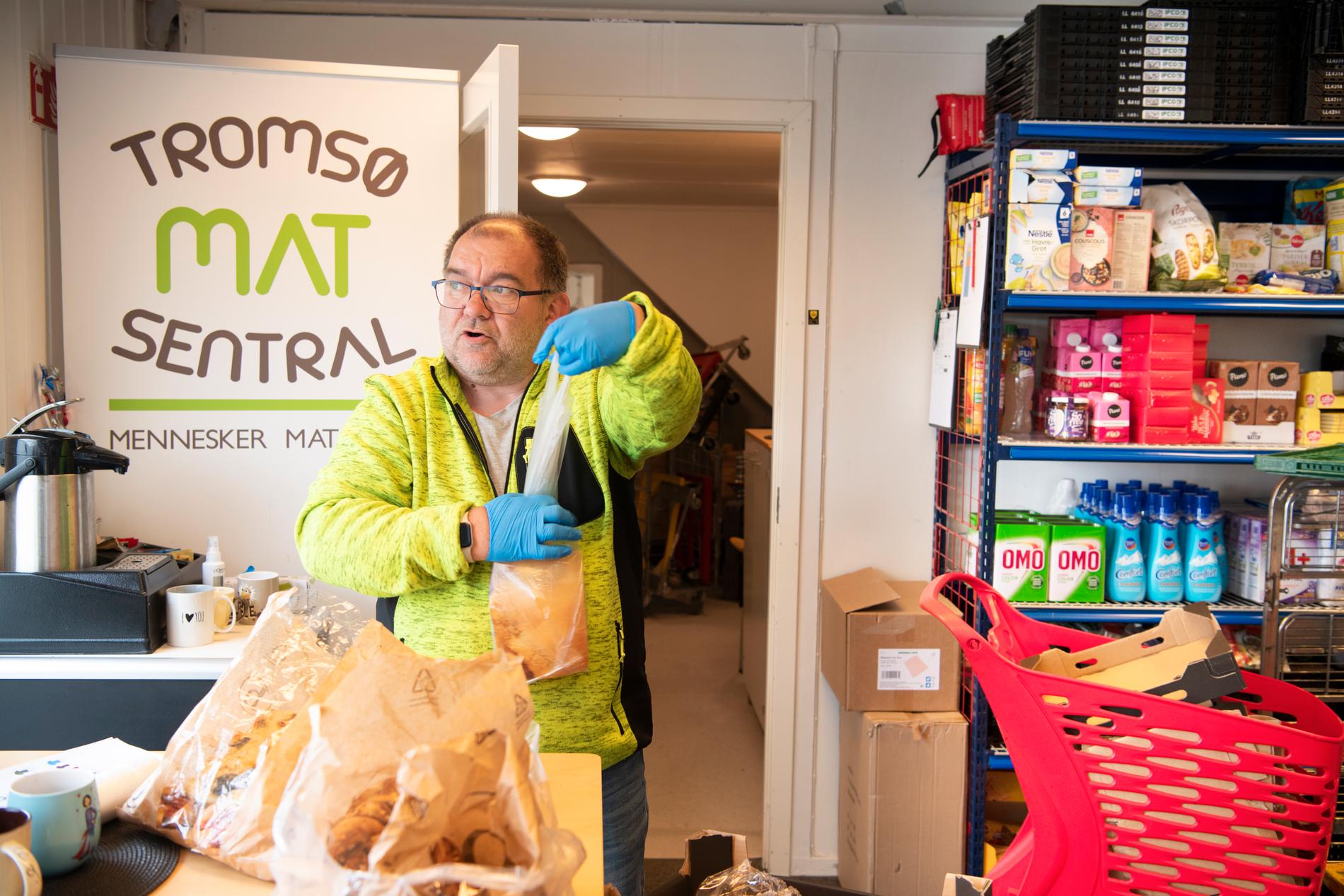 –
–At Matsentralen in Tromsø, general manager Geir Arne Nordstrand notices that the demand from people is increasing. When VG talks to him, he has just visited the Food Station in Alta. The trend is the same there. More families and single people are turning to the alternative food suppliers because food at the ordinary grocery stores has become too expensive.
– The need is increasing. And we see that there are more from the group I want to call “Hvermansen” – families and singles with regular incomes who come here. Part of the explanation is that people spend a very large part of their income on housing, car and fuel expenses. It has become “insanely” expensive to live in Tromsø, describes Nordstrand.
Communicates holiday experiences
Unicef (the United Nations Relief and Works Agency for Children) has also started this summer Holiday centerswhich provides holiday experiences for children and families with children who need it.
Here, too, the need is greater than ever, according to Oudmayer. Last summer, 750 holiday experiences were disseminated. At the beginning of the holiday, it is already expected that at least 800 mediations this summer.
–
